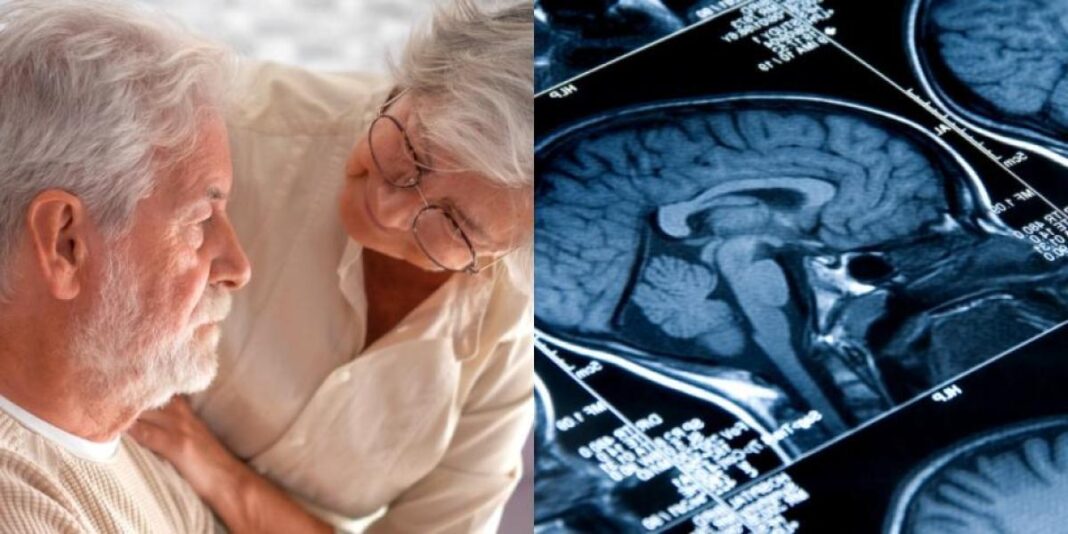In the quiet moments of life, when the sun dips below the horizon and the world slows to a hush, there are whispers in the mind—soft, elusive, and easy to miss. These whispers, sometimes mistaken for mere forgetfulness, are the early songs of a mind that begins to wander through the fog of dementia. The word itself carries a heavy weight, but it is not a name of a disease; rather, it is a symphony of symptoms, a cry for help from the very essence of who we are.
The gentle touch of forgetfulness, the slowing of thoughts, and the confusion that arrives unannounced—these are more than fleeting moments. They are markers, signals sent by the body to remind us of our own vulnerability. And yet, many turn away from these signs, out of fear or perhaps out of hope that they will simply fade. But early signs of dementia, when recognized, can become a lifeline, a way to prepare, to understand, and to cherish the moments that remain clear.
Memory’s Soft Fade: The Most Common Signs of Dementia
Dementia, as told by the wise doctors at the Mayo Clinic, is not a singular villain. It comes in many forms, each with its own story to tell. But the early signs of its presence are often the same—a fading memory, a shifting mind, a slow unraveling of the self. These symptoms of dementia creep in like a soft shadow at twilight, unnoticed until the darkness is fully upon us.
Imagine a loved one forgetting a name, a place, or a moment shared. It happens to us all, we say. But when these lapses come more often, when the words no longer dance on the tip of the tongue, we begin to see the early signs of Alzheimer’s—the most common of all the forms dementia takes. Yet, Alzheimer’s is but one part of the puzzle. Vascular dementia, after the storms of a stroke, brings with it struggles in thinking and reasoning. Lewy body dementia casts a veil over both mind and body, causing hallucinations and tremors alike. And then there is frontotemporal dementia, a quiet thief that steals personality and behavior, leaving confusion in its wake.
For those who watch and wait, these changes are more than symptoms; they are the slow loss of a loved one before the body ever departs.
A Heartfelt Plea for Awareness: Why Early Detection Matters
In these times, knowledge is our shield and our comfort. We cannot turn back the tide of time, but we can see the waves coming. Recognizing early dementia symptoms is the first step in preparing—not just for the person who suffers but for all those who stand by them. There is courage in this recognition, a bravery that comes from love.
As the Clínica Mayo teaches, the first threads that unravel are the most telling. Memory loss comes hand in hand with poor judgment, the inability to reason as once before. Simple tasks grow harder, language becomes tangled, and behavior, once steady, begins to sway. These are the signs, they tell us, that the fog is descending.
But there is hope in understanding. For when we know what to look for, we can reach out for help sooner, easing the journey not just for the one who suffers but for those who care for them. Early diagnosis brings with it the possibility of slowing the progression, of offering therapies and treatments that may make the path a little less steep.
The Different Faces of Dementia: More Than Just Alzheimer’s
While Alzheimer’s disease is often the face most associated with dementia, the truth is far more complex. Dementia wears many faces, each one with its own unique features.
Vascular dementia comes like a thief in the night, often after a stroke, taking pieces of the mind that govern thinking and judgment. Lewy body dementia, with its ghostly apparitions and physical tremors, confuses both mind and muscle, leaving one lost in a maze of memory and motion. And then there is frontotemporal dementia, where personality itself becomes a stranger. Those we love may grow distant, their behavior a reflection of a mind no longer tethered to its former self.
In some, the causes are genetic—Huntington’s disease, a cruel inheritance, or Parkinson’s disease, with its slow decay of movement and thought. Each type, though different, brings with it the same sorrow: the gradual loss of what makes us human, of memory, of connection, of the very essence of self.
A Future of Possibilities: Hope in the Face of Dementia
And yet, through all this, there is still hope. For in understanding, we find strength. The journey through dementia is not one we take alone. There are hands to hold, treatments to explore, and, above all, memories to cherish. The early detection of dementia offers a gift—the gift of time. Time to plan, to prepare, and to love fully in the moments that remain clear.
In this journey, knowledge is our light. By recognizing the early signs of dementia, we can seek the help needed, embrace the treatments available, and find solace in the knowledge that, while the mind may fade, love remains.


